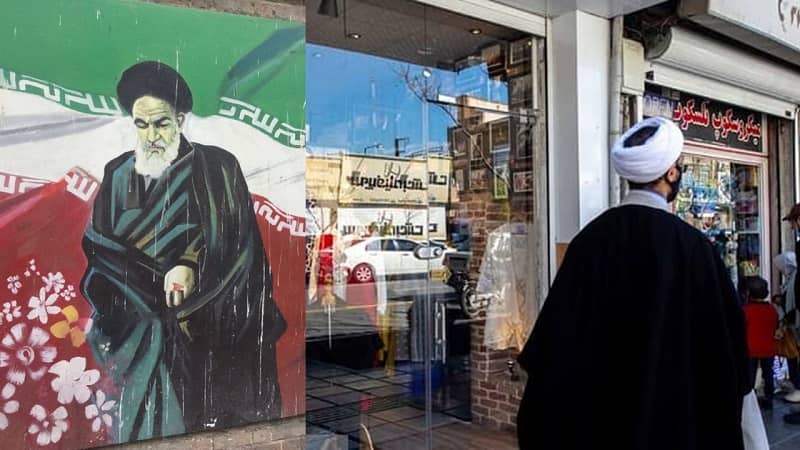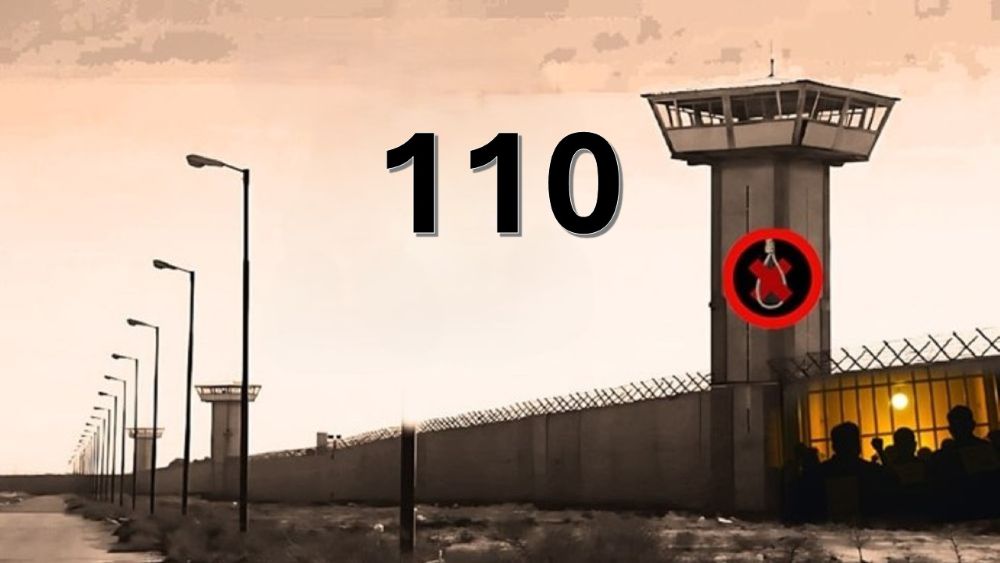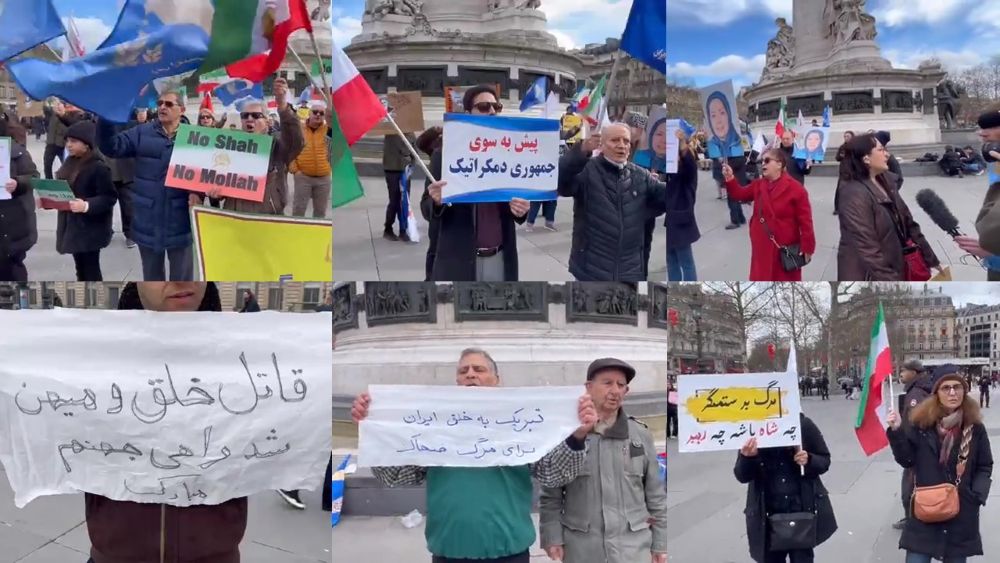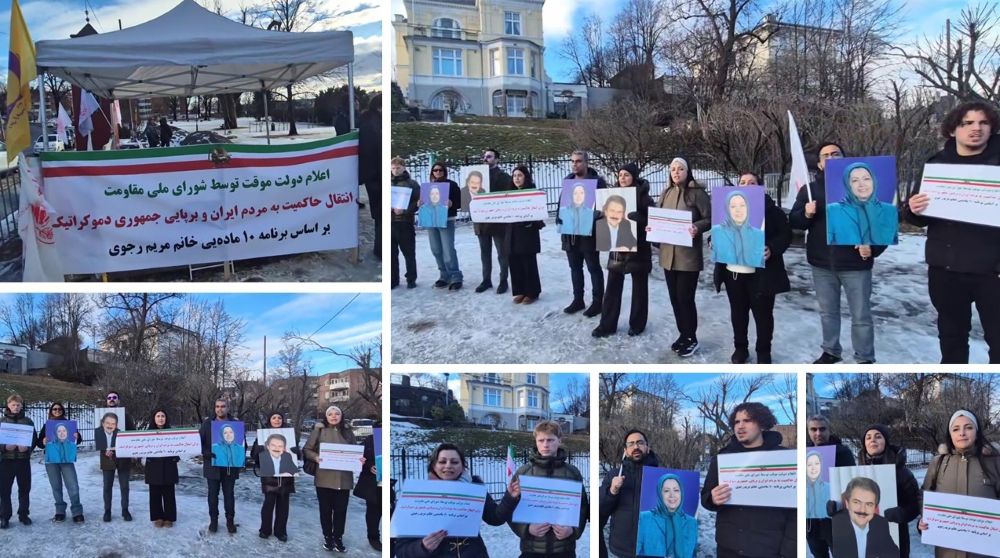
“Preserving the state is one of the most important religious and intellectual obligations,” was the viewpoint that the Iranian regime’s former Supreme Leader Ruhollah Khomeini had when he and his regime came to power following the Iranian Revolution in 1979.
What he meant by this obligation was that in order to preserve clerical rule, religion and state should be intertwined with each other. Another of his quotes stated, “Those who want to abandon politics are practically willing to abandon Islam.”
The People’s Mojahedin Organization of Iran (PMOI/MEK) said, “Throughout Khomeini’s reign as well as his successor’s, Ali Khamenei, demands the separation of religion and state have been considered anathema. The mullahs know that such a separation, which has been advocated around the world since at least the Age of Enlightenment, will eventually accelerate the regime’s imminent collapse.”
After over 40 years of its theocratic rule, the regime is floundering as the emergence of a deep rift at the heart of the regime is threatening to damage an already weakened establishment. Many people within the regime are coming to understand that there is a practical necessity to separate religion from state, especially given the increasing unrest within society in Iran, along with the fears of a popular uprising on the horizon.
In an article published by the IRNA news agency on January 16, Taghi Rostamvandi, the Minister of Interior and the Head of the Social Affairs Organization, stated that “various indicators show that the desire to create fundamental changes in the country are on the rise.”
The MEK said, “While conducting his Friday Prayer sermon, Mohammad Ali al-Hashem, the Supreme Leader’s representative in East Azerbaijan, also spoke of a ‘deviation within the system’ and of a ‘scourge called promoting the idea of separating religion from politics, which is a plague that threatens the system’.”
Ahmad Khatami, an extremist cleric close to the regime’s Supreme Leader Ali Khamenei, claimed that those authorities willing to separate religion from state are ‘pointing in the wrong direction’.
On the other hand, Mohammad Taghi Fazel Meybodi, a member of the Assembly of Researchers and Teachers of the Seminary of Qom, explained that many of the young clerics do not believe that the clergy should be involved with the governance of the country, and “do not want clerics to enter politics.”
The MEK said, “The emerging trend, which according to Khomeini leads to the denial of the entire clerical system, is not accidental. Rather, it is the result of a fascist regime being trapped in major crises it has helped to create. These crises have accelerated the coming of imminent uprisings against the regime.”
According to Jafar Sobhani, a senior cleric from Qom, the complete abhorrence of the clergy being involved within Iran’s politics has caused a number of scholars to seriously consider leaving the seminary.
In recent years, the calls for a secular and democratic Iran have risen greatly, and grown so loud that it is impossible for regime officials to ignore them. This issue of separating religion from state has, of course, now penetrated the regime itself, and not being able to deny the fact of discord within the establishment, Khamenei has been forced to warn his officials against ‘division’ and ‘confrontation’ within the system.
The MEK said, “This rift will further erode and weaken the clerical regime, rendering it more fragile and vulnerable against a disenchanted population emboldened by an organized and increasingly powerful resistance movement.”



